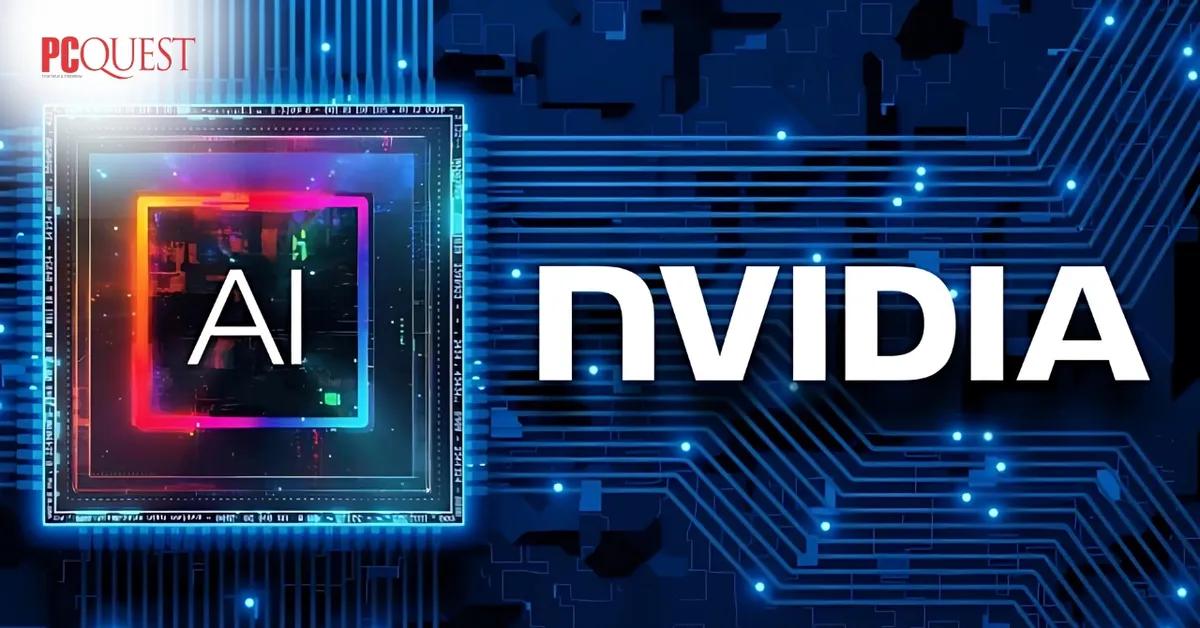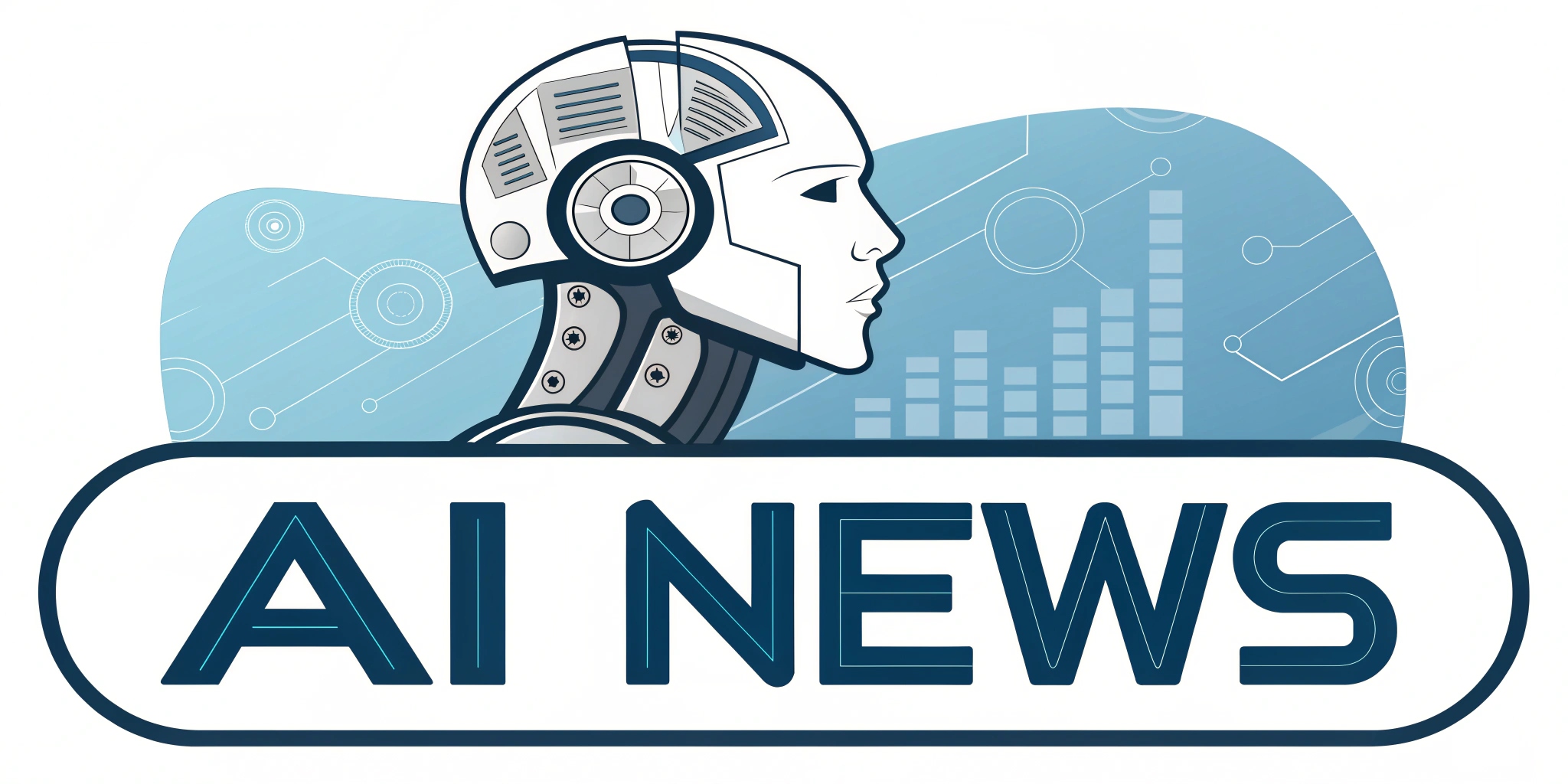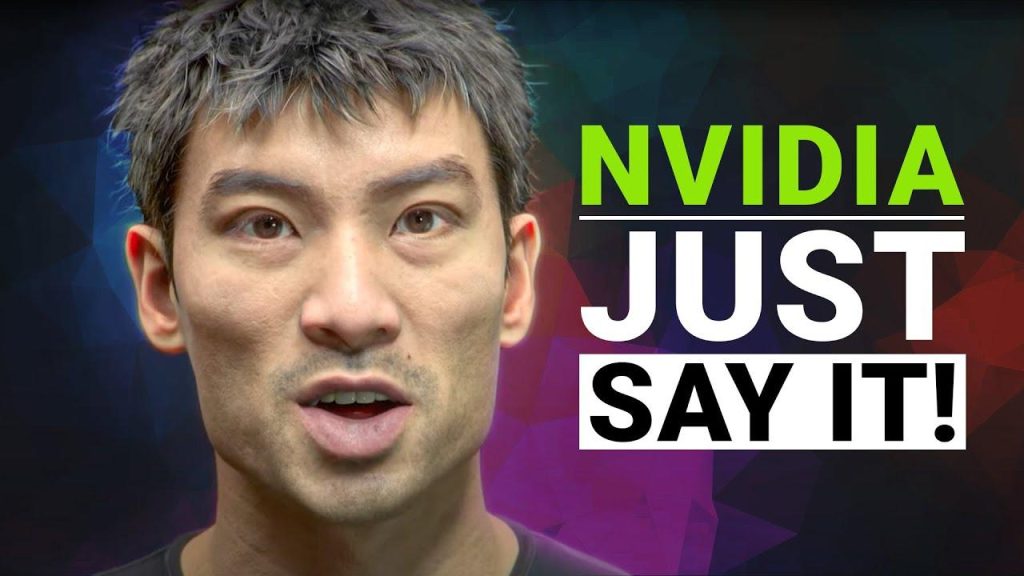In a groundbreaking growth for the world of artificial intelligence and digital media, NVIDIA has unveiled a new suite of tools known as Audio2Face, which allows users to seamlessly animate virtual characters using only their voice. This innovative technology not only enables characters to articulate spoken words but also empowers users to inject emotional depth into their performances without the need for customary acting skills. Dr. Károly Zsolnai-Fehér, in a recent episode of Two Minute Papers, demonstrated how this advancement marks a significant leap as its conceptual roots in research papers dating back to 2017.With features that include live voice recording, customizable emotion specification, and compatibility with Unreal Engine’s MetaHuman for creating hyper-realistic avatars, Audio2Face stands to transform digital storytelling, gaming, and virtual interactions. As this technology becomes accessible to the public, it raises exciting possibilities for creators and developers looking to enhance their projects while reducing the resources typically required for animation.
Exploring the Power of AI in Character Animation
The advent of advanced AI technologies has significantly transformed the landscape of character animation, pushing the boundaries of creativity and efficiency. With tools like NVIDIA’s Audio2Face, developers and artists can now harness the potential of deep learning to create characters that respond dynamically to voice input.This innovation allows creators to:
- Encode nuanced emotions that align with dialog, bringing characters to life in authentic ways.
- Streamline the animation process, reducing the time and effort traditionally required for character modeling and mouth-syncing.
- Enable real-time interaction in gaming and virtual reality, enriching user experiences with more lifelike avatars.
Additionally, integrating such powerful AI into popular platforms like Unreal Engine paves the way for a new era in digital storytelling.This synergy not only enhances the quality of content produced but also democratizes the tools available to independent creators, allowing for a wider variety of narratives to flourish. As the technology evolves, the potential for immersive experiences in various media—from film to educational tools—will likely redefine how audiences engage with animatronic and virtual environments.
Revolutionizing Voice Acting with Audio2Face Technology
NVIDIA’s Audio2Face represents a profound shift in the realm of voice modulation and animation, introducing unprecedented capabilities that were previously the domain of skilled voice actors. Using cutting-edge algorithms, the technology can mimic not just the physical movements of speech but also the subtleties of human emotion. Creators and developers can now produce virtual performances that resonate with audiences in genuine ways, elevating character interactions in any digital medium. The AI’s focus on emotion-driven modulation enables:
- Enhanced facial animation that dynamically reflects changes in tone and inflection.
- Faster production timelines by minimizing the need for extensive re-recording sessions.
- A broader range of voices, allowing for diverse character representations without the necessity of professional training.
Moreover, the versatility of Audio2Face enables seamless integration into existing workflows across various platforms. This could revolutionize sectors such as gaming, animated films, and even virtual reality interactions by providing creators with tools that are not only powerful but also intuitive. As this technology continues to develop,it will likely inspire new creative techniques,pushing the boundaries of how narratives are conveyed,and captivating audiences with richer and more interactive storytelling experiences.
Enhancing User Experience with Emotionally Responsive AI
The introduction of NVIDIA’s groundbreaking technology marks a pivotal moment in the evolution of artificial intelligence, particularly in its ability to respond emotionally to users. By leveraging elegant machine learning techniques, this AI can discern and replicate the emotional nuances of human voice, enabling a more engaging interaction between users and digital characters.This aspect of emotional resonance is vital for creating authentic experiences, as it allows characters to convey a wide spectrum of feelings, from joy to sadness, in real-time. The results are compelling, offering developers the means to:
- Foster deeper connections between users and virtual entities through relatable emotional displays.
- Broaden accessibility for creators, who can now focus on storytelling without extensive voice acting skills.
- Facilitate personalized engagements, tailoring experiences based on user inputs and emotional states.
As this technology becomes more entrenched in mainstream applications,it is indeed poised to redefine user interaction across various digital platforms. By allowing creators to harness the emotional dynamism of their characters, NVIDIA’s AI can enhance atmospheres and narratives, transforming everything from video games to virtual customer service. This innovation not only enriches the user’s emotional journey but also empowers creators to explore new storytelling methods, stimulating a cycle of creative growth in entertainment, education, and beyond.
The Impact of AI on Digital Media and Virtual Interactions
The latest AI advancements have started to reshape the landscape of digital media, particularly in how we interact with virtual entities. With the capacity to replicate human voice inflections and emotions closely,NVIDIA’s new technology offers creators opportunities to forge powerful connections between audiences and animated characters. This transformation enables developers to:
- Craft immersive soundscapes that adapt in real-time to user interactions, enhancing user engagement through personalized audio experiences.
- Bridge the gap between reality and the virtual world,making interactions with AI characters feel more tangible and lifelike.
- Expand creative possibilities by allowing non-professional voice actors to contribute, thereby democratizing the field of voice acting.
Moreover, the integration of voice-mimicking AI into various platforms is likely to encourage innovative formats for content creation, from interactive storytelling in gaming to enhanced dialogue in animated series. By enabling characters to effectively express complex emotions, this technology not only enhances user interactions but also allows for richer narrative experiences that resonate more profoundly with audiences. As creators leverage these tools, the potential applications of emotionally bright AI will undoubtedly ripple across the digital media landscape, prompting new forms of expression and engagement.























